Silver mines, a symbol of wealth.
Cashin Silver Mine, the symbol of lies.
In the Wikipedia Chinese encyclopedia four days ago, the Kashin silver mine was a vein discovered by a commoner in the ancient country of Rus' in 1344 and closed in the 18th century when the mine was depleted. And in the current Wikipedia Chinese, the entry Kashin Silver Mine is placed in the "Wikipedia list of hoaxes" and it has become synonymous with lies.

▲ Image from: The Swaddle
If you are a history major and your thesis is still related to ancient Russian history, then you can also check your citations a little bit now, because this lie is likely to get you unfortunately hit as well. This means that you will most likely need to change your thesis.
High school graduate rewrites Vicky's ancient Russian history, and professional professors fall for it
What kind of spirit is it for a high school graduate to basically reinterpret ancient Russian history in 3 years and put his ideas in a Wikipedia source that many people refer to?
The other person is doing this with a very devout heart.
In order to make the content he wrote more credible and 'evidence-based', Fumo, who rewrote the history of ancient Russia, drew his own maps, topographical maps, and maps of population changes, and made up interviews with famous people and fictionalized the characters and documentaries that appeared in the TV series to make the content seem more real.
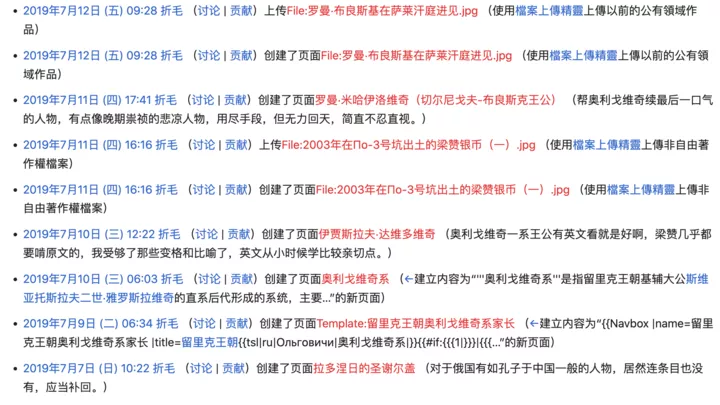
▲ The rewritten entry on the history of Guro
She also keeps checking for errors in order to make each phrase more believable. To cover up the mistakes of one, flesh it out with multiple ones, loop after loop, pretending that the history of mistakes becomes a reality.
Even many of the papers she cites are real, just not the parts she says. For example citing 313 pages from a book that is probably less than 200 pages. Not everyone has read the book and can clearly remember the book page numbers, and few people bother to check and verify them. Even if many of the citation links to ancient Russian history are to papers from Sweden and other European countries, no one notices that there is anything wrong with that.
Three years passed in this way. The history of ancient Russia, which was created out of nothing, has become a mass of imaginary content, which has been fictionalized, rewritten and made to exist in the air.
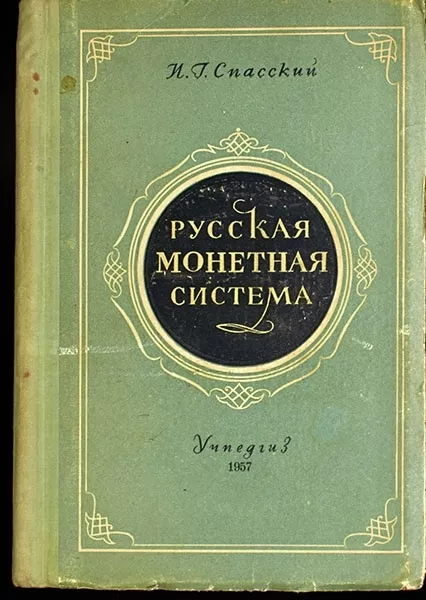
▲ The books cited are real, but not what Wikipedia has
But the airborne building will still be gone.
Knowing user @Ifan was looking for material for his novel when he came across the Chinese wiki for the Kashin Silver Mine and shared it with a group of many history buffs, but no one had heard of the mine, and after some searching, it turned out that the Kashin Silver Mine was a Chinese special edition, and not even Russian foreign students knew of its existence.
Immediately afterwards history buffs discovered more errors and omissions, there were more and more Chinese special editions appearing in the Chinese version of Wikipedia. Many of their unheard of characters also crossed over with real historical figures, true or false, all indistinguishable from the real.

▲ This is...
Ultimately, it proved to be a single-handed act of historical rewriting. A high school graduate 'history buff' compiled this mix of truth and fiction and put it on a platform where more people could see it, even convincing many students and professors.
To call this incident a fraud is perhaps a bit much, after all, the other side did not profit from it. But the whole thing is full of absurdity, and is a kind of information pollution and mental shock for people who are serious about studying ancient Russian history and improving Chinese wiki entries.

▲ User Folded Hair has been banned
Three years for one thing. What does she want?
The wiki user, called Folded Hair, eventually admitted to making up the phrase. She stated that she did start out wanting to study history seriously, but after the first fake, she had to tell more lies in order to round out the first one. The fake wiki content also stretched from tens of thousands of words to millions, and when you give more, it becomes harder to give it up, too.
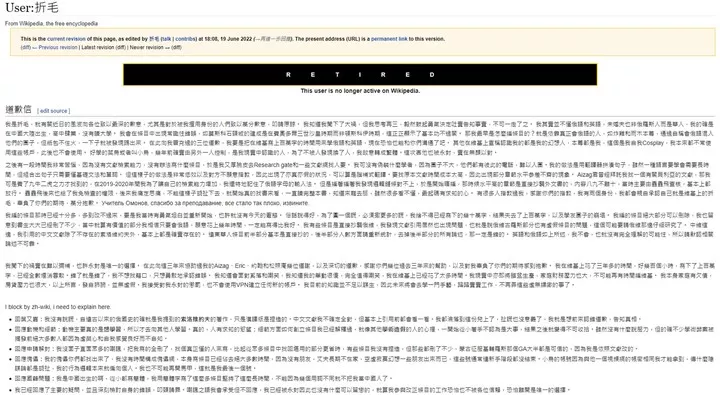
▲ Apology letter from Folded Hair
University teaches you to 'create' information pollution, wiki prank lists for tears
Folded Hair herself has been permanently banned from the Chinese Wikipedia, and all the wiki content she writes will undergo a professional review to set right the ancient Russian history content of the entire Chinese ecology of the wiki.
But some of the content gets to stay forever - they get put on the Wikipedia prank list to remind more people not to make new pranks.

▲ Caschen Silver Mine mentioned at the beginning
The wiki prank list reads.
This is a known historical hoax on Wikipedia. It exists to document hoaxes on Wikipedia in order to improve our ability to detect hoaxes. If a hoax has not been found to be factually incorrect for more than a month, or has been reported in authoritative media, we will consider it noteworthy enough to be included in this list.
The ancient Russian history compiled by Folded Hair is a first for the Chinese Wikipedia, and it's a contamination of a lot of real and credible information and a blow to the credibility of the platform. It's just that when you look around the world, there's a lot of similar things going on. Take the information on Wikipedia's prank list, which is already countless with fictitious people, places, tools, TV shows, and academic concepts.
There is also the far-reaching story of a fictional Nazi concentration camp massacre, a fake Nazi camp that Wikipedia shows murdered over 200,000 Poles, and people have even built monuments in Poland to the victims of the story.
The only problem is that this concentration camp didn't exist at all, which is the longest surviving fake content in Wikipedia.
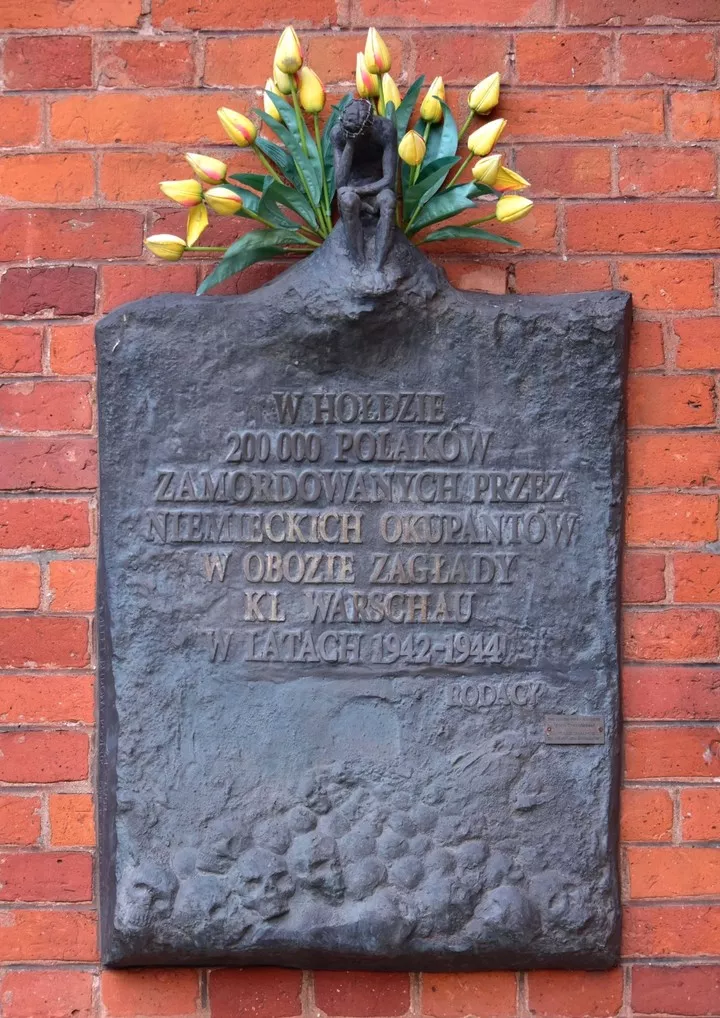
▲ Church memorial plaque commemorating the 200,000 victims
Nazis, massacres, concentration camps, these are the key words that stir up the most outrage so that no one finds out in 15 years. It's like a 'headline party', emotions get the better of you, who cares about the truth? Not to mention, the Nazis did commit massacres.
You open an old suitcase left behind by a family, and the clues inside tell you that a long-dead relative in your family may be a serial killer.
Does this story also look 'headline-grabbing', like ancient Russian history it is compiled, the difference is that it is an academic experiment.
George Mason University teacher T. Mills Kelly has been teaching his students how to 'lie about the past' since 2008 as a way to make them aware of how historical hoaxes are created. Initially they compiled the character of an ordinary American who eventually became a pirate, and then publications like USA Today cited the entry until Kelly admitted it was a hoax.
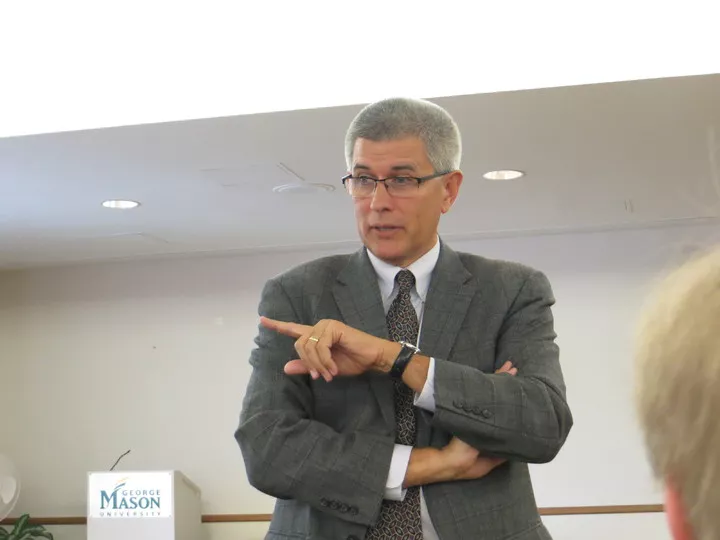
▲ T. Mills Kelly
Some applaud Kelly's academic innovation, others are outraged by his destruction of information. But either way, Kelly hasn't stopped this experiment, and the story above of the discovery of the serial killer is his student's latest masterpiece.
The difference is that this time it was discovered.
Kelly's students created a Wikipedia page for the victims, made up an elaborate story, they even fabricated images of the suitcases and ended up asking the internet on Reddit - Excuse me, do you think my uncle is just a little weird or is he really a serial killer?
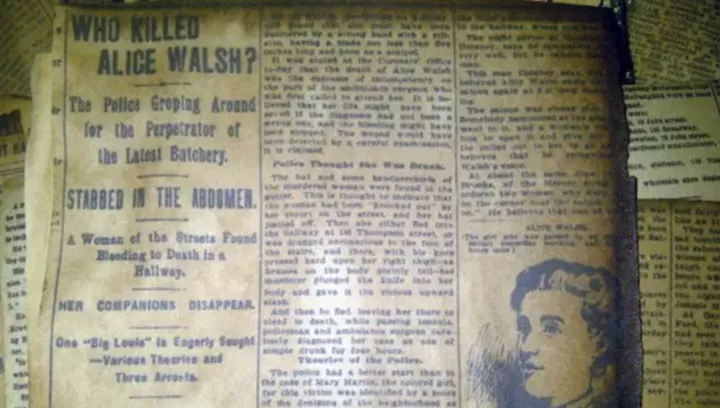
▲ Old newspapers in disguise
The powerful headline quickly gained attention, and Reddit users went searching for relevant Wikipedia content, eventually following the clues left by the students to conclude that the killer was "We caught Jack the Ripper on Reddit."
Well that conclusion lasted 26 minutes before it was revealed to be a lie. Someone saw the year of the Wikipedia edit and questioned it, and immediately afterwards more and more people got involved in deconstructing the whole story: the newspaper seemed to have some artificial aging, the contents of the image in the suitcase were too clear, and of course the most thorough exposure continued to be the time of the Wikipedia edit.
Kelly, on the other hand, does not see this as a failure because the students, as consumers and producers of historical information, must have learned something from it.
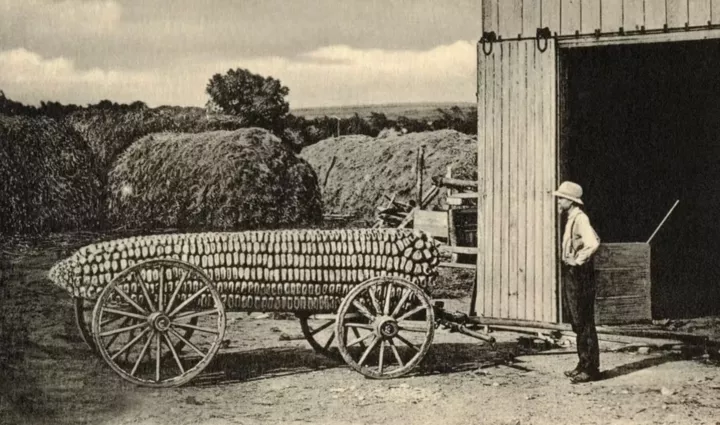
▲ Historical Scam Pictures
"True information" is in crisis, and everyone can rewrite history in the 21st century
Wikipedia is a wonderful direction, and the platform wants to create a free encyclopedia with the greatest depth and breadth.
At the same time, however, there has been controversy about the accuracy of Wikipedia's content. Such an open platform allows collaborators' conspiracies to spread farther and may suffer from vandalism of the content by people with ulterior motives. At the same time, this unorganized, open, rabble-rousing approach to writing does not guarantee the rigor and professionalism of the content.
Ten years ago Wikipedia was questioned like this all the time. Now there is less questioning, not because Wikipedia is doing a better job, but the sources that can pollute your information have become more numerous.
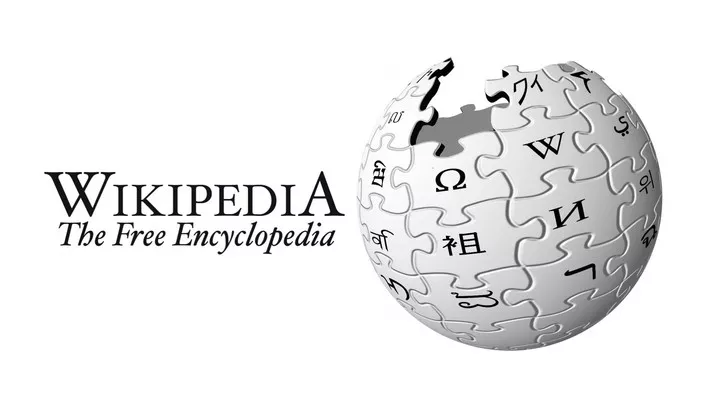
Norwegian photographer Jonas Bendiksen's "The Book of Velez" used fake images + fake news to fool the world's top photojournalists and take home the Grand Prize in the World Press Photo Contest. Even when he bought his own army to say that some of the images in it were wrong, fellow photographers and celebrities came forward to defend him.
The rumor mashers in your WeChat are not able to correct the outdated, exaggerated and outrageous information by working non-stop on a daily horse. Even a screenshot or two with the avatar and ID of a person cut off can gain horrible exposure by commenting/breaking some popular content. Misinformation can be found in videos, music, and books. They can also be the source and turn into a citation source for other channels to spread misinformation.
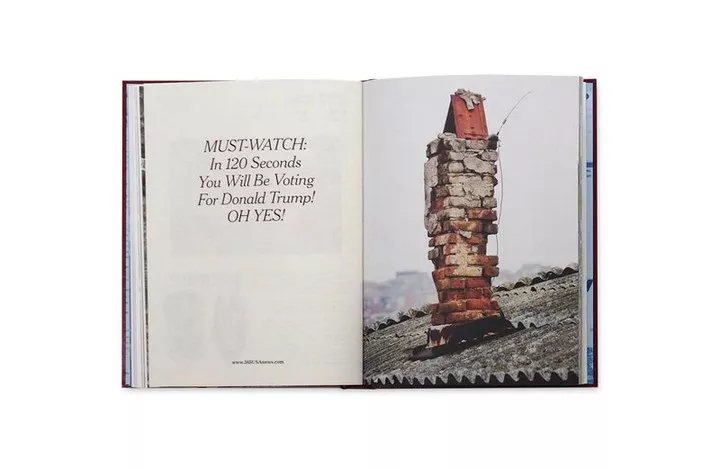
In 2012 the US Patent and Trademark Office disclosed a new Apple patent which is known as 'electronic analytics contamination technology'. This technology emerged primarily out of a desire to protect user information, and brands can obfuscate the protection of real information by constantly providing incorrect information to data collectors.
True and true, false and false, true and true, this method of protecting the private information of individuals may be effective, but wanting to be true to the real dissemination of information is just a pollution.
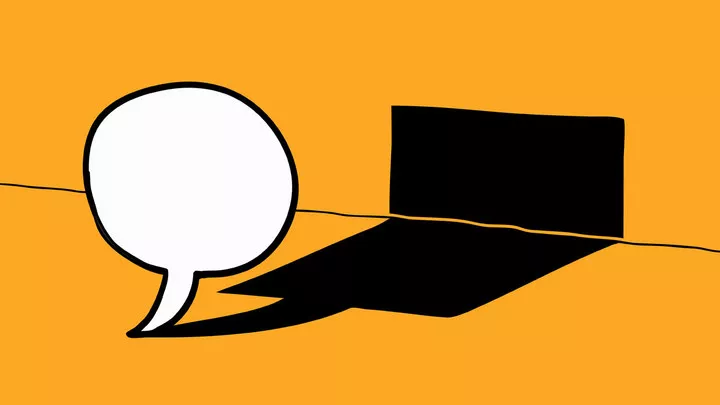
The makers of information pollution are also draining water into the sea with all they do, no matter what mood they start making it with. For all those who need to live in the seas, the effect is minimal, but it persists. You can always be deceived by the fabricated stories and blinded by the knowledge of emptiness.
This kind of information pollution is like planting a landmine into a street off the beaten path, although it can't hurt anyone in a short time, it will blow up one day. It's just that such bombs are probably becoming more and more common, with Deepfake, the Internet, and the existence of all sorts of different photo editing software tools that can create more real and more convincing content that pollutes real information.
Some people's sentiment when they heard this outrageous story of ancient Russian history Wikipedia was, "It's a serious thing, but why does it sound so good to laugh!" After all, bizarre and absurd stories are naturally more appealing than the TV shows that always outguess the set-ups you always get. The impact of one man spending three years building a fictional historical story can also be more eye-catching than the war stories and geographic changes of historical kingdoms.
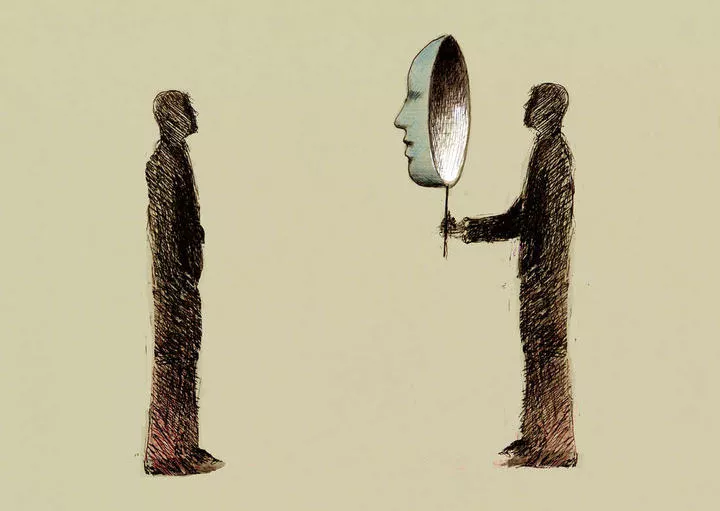
In the 21st century, everyone can rewrite history.
It's just that history happens forever in the past.